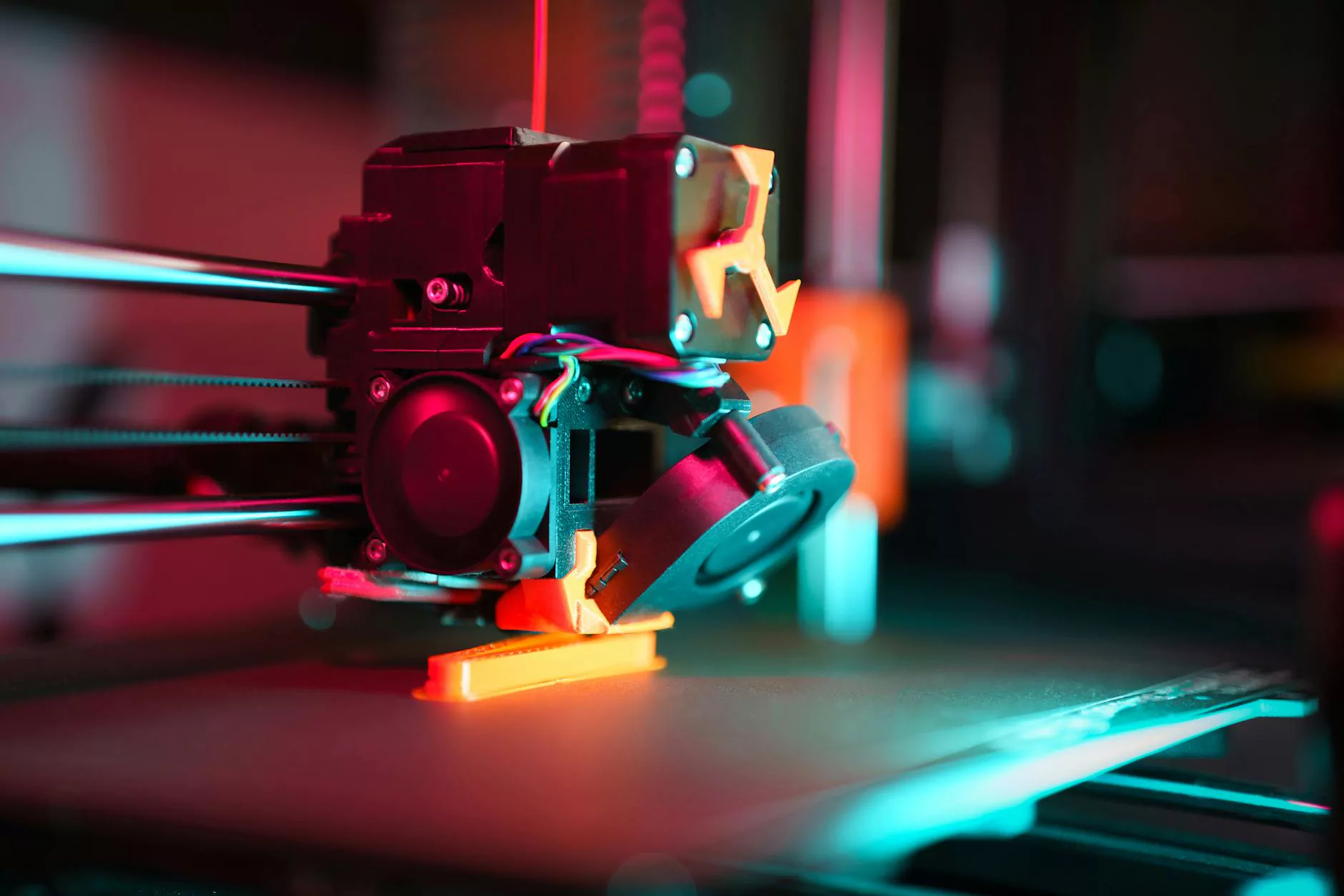Surgery for Lung Nodule Removal: An In-Depth Guide

Lung nodules can be concerning for many patients, and the decision to undergo surgery for lung nodule removal is often daunting. Understanding the process, risks, benefits, and what to expect can help alleviate some anxiety and empower individuals to make informed choices about their health.
Understanding Lung Nodules
A lung nodule is a small mass of tissue in the lung, typically less than 3 centimeters in diameter. Most lung nodules are non-cancerous, but they can sometimes indicate lung cancer or other serious conditions. The presence of a lung nodule is often discovered incidentally through imaging tests, such as a chest X-ray or CT scan.
When is Surgery Necessary?
Surgery for lung nodule removal is generally indicated when:
- The nodule is larger than 3 cm and has suspicious characteristics.
- There are changes in the size or shape of the nodule over time.
- The patient has a significant risk for lung cancer, based on factors such as age, smoking history, and family history.
- Other diagnostic methods, like biopsy or PET scans, indicate a need for further investigation.
Types of Lung Nodule Surgery
There are several surgical options available for lung nodule removal, each tailored to the individual patient's needs, the size and location of the nodule, and overall health. The most common types include:
1. Wedge Resection
This procedure involves removing a small, wedge-shaped section of the lung that contains the nodule. It is typically used for small nodules and can often be done using minimally invasive techniques.
2. Lobectomy
A lobectomy involves removing an entire lobe of the lung. This approach is necessary if the nodule is large or if there are multiple nodules within the same lobe. It usually requires a larger incision but can effectively remove potentially cancerous tissues.
3. Pneumonectomy
This is the removal of an entire lung, typically reserved for cases where the disease is extensive and localized to one lung. This surgery may come with more significant risks and recovery challenges.
Preparing for Surgery
Preparation for surgery involves several steps to ensure the best possible outcome:
- Preoperative Testing: You may undergo various tests, including blood tests, imaging scans, and lung function tests, to evaluate your health and readiness for surgery.
- Consultation with Specialists: Your surgical team will include oncologists, pulmonologists, and possibly thoracic surgeons who will discuss with you the procedure's risks and benefits.
- Medication Review: Discuss your current medications; some may need to be adjusted or temporarily discontinued before the procedure.
- Smoking Cessation: If you smoke, your doctor will likely advise you to quit at least a few weeks before surgery to improve your healing and reduce complications.
The Surgery Process
The surgery for lung nodule removal typically follows this general outline:
- Anesthesia: You will receive general anesthesia, meaning you'll be unconscious during the procedure.
- Incision: The surgeon will make an incision in your chest to access the lungs. Depending on the type of surgery, this may be a traditional open surgery or a minimally invasive approach using small incisions and cameras.
- Removal of the Nodule: The surgeon will carefully excise the nodule along with some surrounding healthy tissue if necessary.
- Closure: After the nodule is removed, the surgeon will close the incision with sutures, staples, or surgical glue.
Recovery After Surgery
Recovering from surgery for lung nodule removal can vary significantly from person to person but following the right steps can facilitate a smooth recovery:
Initial Recovery Period
Patients typically spend some time in the hospital for monitoring, especially after major surgeries like lobectomies or pneumonectomies. The initial recovery includes:
- Pain Management: Pain medications will be provided to manage discomfort.
- Breathing Exercises: Patients will be guided on breathing exercises to help maintain lung function and prevent complications like pneumonia.
- Mobility: Early movement is encouraged to aid recovery and blood circulation.
Home Care
Once discharged, follow-up care is essential:
- Follow-Up Appointments: Attend all scheduled follow-up appointments to monitor your recovery and check for any complications.
- Rest and Nutrition: Focus on getting plenty of rest and a balanced diet to promote healing.
- Monitor Symptoms: Be aware of any unusual symptoms such as increased pain, fever, or changes in breathing, and report them to your doctor.
Potential Risks and Complications
As with any surgical procedure, surgery for lung nodule removal comes with potential risks. Understanding these risks is crucial:
- Infection: Surgical sites may become infected, requiring additional treatment.
- Bleeding: Excessive bleeding during or after the surgery can occur.
- Respiratory Issues: Some patients may experience breathing difficulties or other pulmonary complications.
- Long-term Effects: Removal of lung tissue can impact lung function, although many patients adapt well.
Why Choose NeumarK Surgery?
At NeumarK Surgery, we understand the complexities and emotions involved in making decisions about lung health. Our team comprises board-certified surgeons specializing in lung procedures, equipped with the most advanced techniques and technologies available.
Expert Surgeons and Care
With years of experience, our surgeons are dedicated to providing compassionate, patient-centered care tailored to your unique situation. We prioritize clear communication, ensuring that you understand every step of your treatment plan.
Comprehensive Support Services
In addition to excellent surgical care, NeumarK offers comprehensive support, including pulmonary rehabilitation, nutritional counseling, and emotional support resources to help patients cope with the challenges following surgery.
Conclusion
Deciding to undergo surgery for lung nodule removal can be a significant step towards ensuring your lung health. With appropriate knowledge, expert care, and support, many patients navigate this journey successfully.
For those facing the possibility of lung nodules, the team at NeumarK Surgery is here to guide you through every aspect of your care. Consider reaching out today to learn more about our services and how we can assist you in your healthcare journey.









